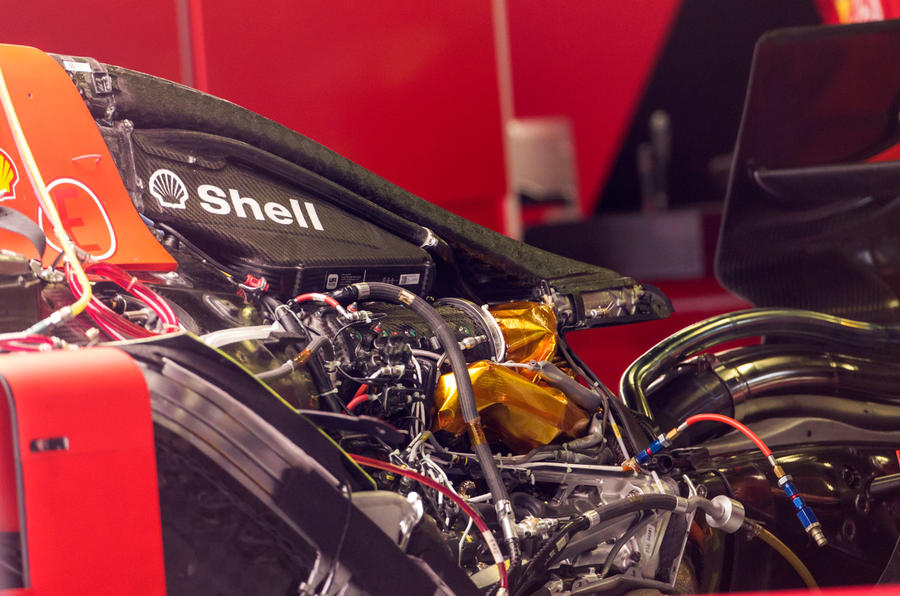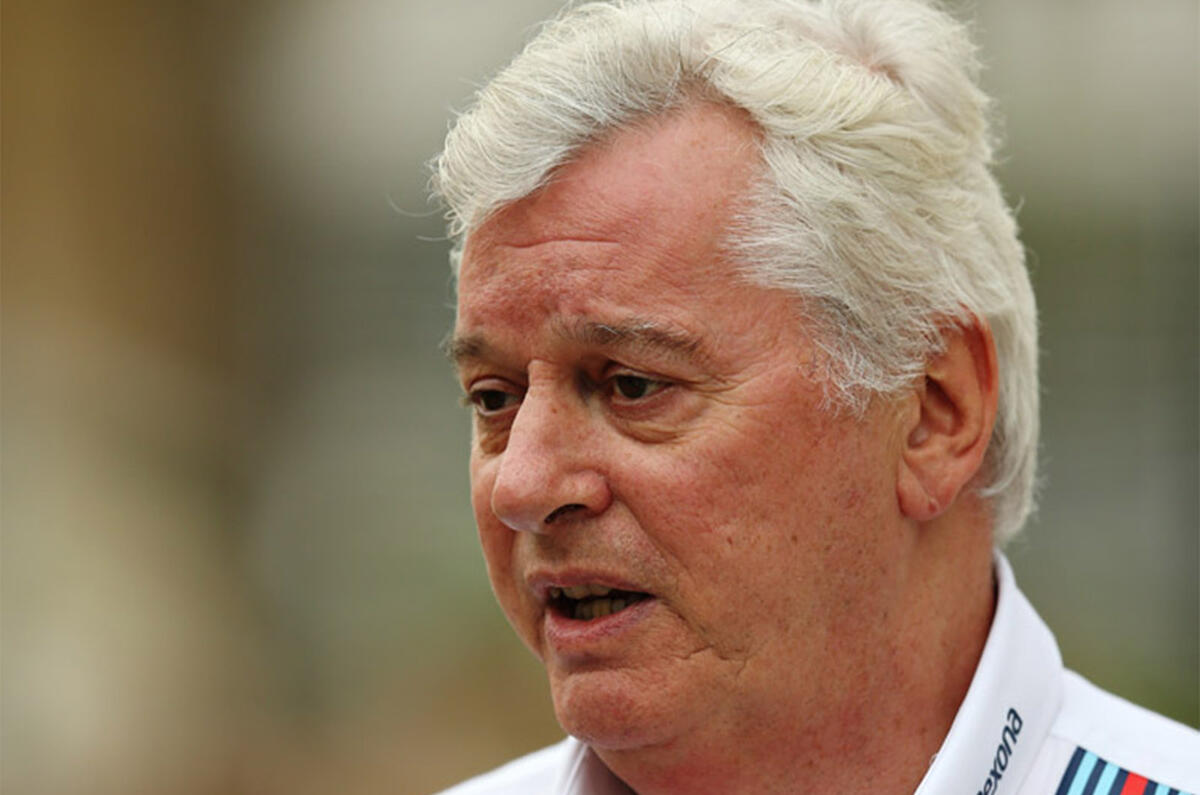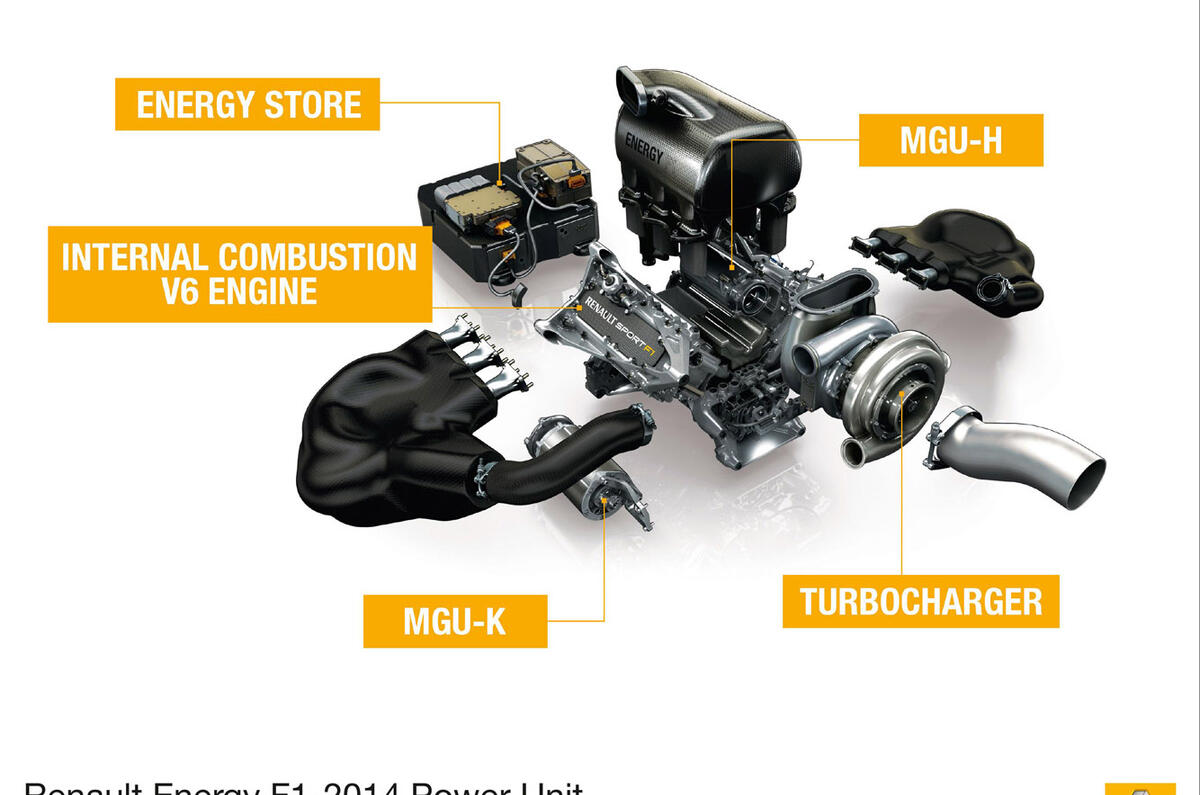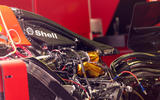The closeness of the relationship between Formula 1 and the automotive industry has ebbed and flowed over the years, but there has always been a clear connection. With car makers undergoing epochal changes to tackle the climate crisis through growing electrification, new technologies and the drive towards carbon-neutrality, F1 needs to follow or will lose its much-vaunted ‘road relevance’.
Four manufacturers supply F1’s engines, which are more correctly referred to as power units given they incorporate a 1.6-litre turbo V6 and an electric motor that’s powered by energy recovered from the front brakes and exhaust. However, Honda is on its way out at the end of 2021, citing its need to focus on achieving carbon-neutrality by 2050, leaving just Ferrari and Mercedes-AMG – F1’s two longest-serving manufacturer supporters – plus Renault.
With F1’s financial affairs now in better order, thanks to the imposition of a cost cap, a more equitable share of prize money among the 10 teams and chassis regulations changing dramatically next year, attention is increasingly turning to engine technology. The next-generation power unit is set to be introduced in 2025 and could easily have a lifespan of a decade or more, taking F1 into the mid-2030s. It and the drive for synthetic fuels are part of F1’s own objective of achieving a net-zero carbon footprint by 2030.

Ross Brawn – who was a key architect of Mercedes’ success in the 2010s and before that Ferrari’s technical director in the all-conquering Michael Schumacher era – is at the forefront of this process, as F1’s managing director of motorsport. The quality of the sporting product is his top priority, but he believes that can be served while offering the right technical and marketing playground for manufacturers.
“We want to achieve both aims, making sure we have an entertaining and competitive championship with integrity, but then offer an environment where we can make it a viable investment for these brands and companies to be involved in Formula 1 to enhance and lift the level,” is how Brawn sees balancing up these potentially competing challenges.


































Join the debate
Add your comment
I honestly fail to see how a handful of racing cars (all categoris) make a perceptible impact on global pollution! They are not even the proverbial drop in the ocean!
And yes, we know about disc brakes: why were anti-lock brakes -developed for aviation- banned from F1?; paddle-shifters? The vast majority of DSG boxes are used in 'D' mode anyway... As for Merc's use of advanced software to control its 'electric turbo': see where that led with VW?
I lke Brawn; he has a very sharp mind and he has proved his ability at Team Manager, no question! However, when he took the Liberty Media shilling, he lost his soul and fighting spirit, I fear! He has become the very erudite spokesman for a big corporation and he now speakes 'Corporese'... We miss people like him in the paddock, for sure!
Yeah make the cars really fuel efficent, then fly them around the world in massive cargo planes supported by a travelling circus of motorhomes, it makes sense to someone.
There will be a day, which might already have happened, where the giant F1 onsite computing and video editing (for TV) center uses more energy than the engines in the race cars.
I recently heard that these days about one fifth of all electric energy in Germany is consumed by computing equipment and ancillaries.
Give it 5 years , F1 will be about SUVs , with automated reverse parking in the pit lane . With interview time .